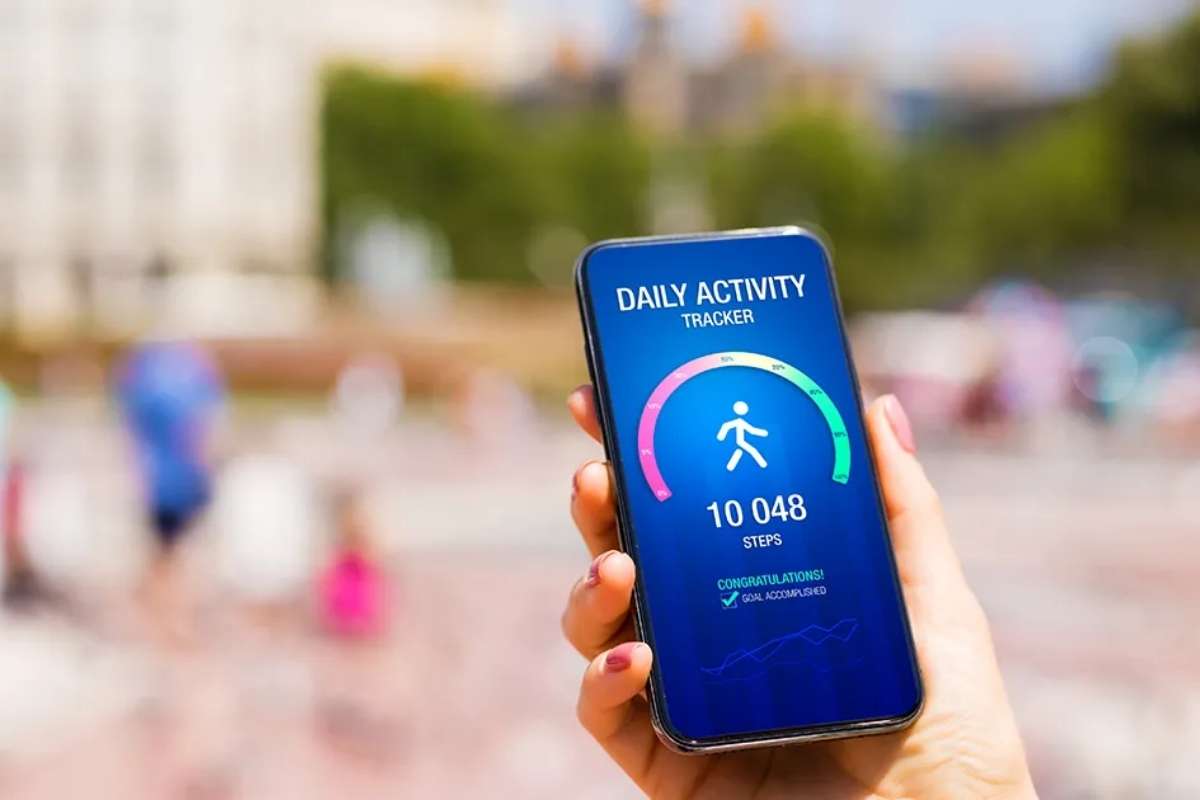Vitamin D deficiency is a topic of significant interest, especially after the COVID-19 pandemic. This key nutrient is often called the “sunshine vitamin” as sunlight is the main source your skin absorbs from the sun’s ultraviolet rays and turns them into vitamin D. Its intake is crucial to maintaining health. Vitamin D is very important because it keeps our bones strong. But many people lack enough. People with darker skin, poor diets, and the elderly are more prone to being affected. In this article, we’ll get to know the importance of Vitamin D.
Understanding Vitamin D
Vitamin D is a fat-soluble vitamin. It’s vital for keeping bones healthy and for supporting the immune system. It helps the body absorb calcium and phosphorus. There are two main forms of Vitamin D. They are Vitamin D2 and Vitamin D3. Vitamin D2 comes from plants and supplements. Vitamin D3 is produced in the skin in response to sunlight exposure and is also found in animal-based foods. To avoid Vitamin D deficiency and keep healthy bones, we must include food with Vitamin D in our diet.
Causes and Symptoms of Vitamin D Deficiency
Vitamin D deficiency occurs when the levels of this vitamin in the body are too low. Common causes include:
- Limited Sun Exposure: People who live in northern latitudes, spend a lot of time indoors, or wear sunscreen may not get enough sunlight to produce adequate Vitamin D.
- Dietary Insufficiency: Diets low in Vitamin D-rich foods such as fatty fish, eggs, and fortified dairy products can contribute to deficiency.
- Age: Older adults have a reduced ability to synthesize Vitamin D from sunlight.
- Skin Pigmentation: Individuals with darker skin have higher levels of melanin, which can reduce the skin’s ability to produce Vitamin D from sunlight.
- Health Conditions: Certain medical conditions, such as Crohn’s disease and celiac disease, can affect the body’s ability to absorb Vitamin D.
Symptoms of Vitamin D deficiency can be subtle but may include:
- Fatigue and tiredness
- Bone pain and muscle weakness
- Mood changes, including depression
- Impaired wound healing
- Hair loss
The Immune System and Vitamin D

Vitamin D is known to play a critical role in the immune system. It enhances the pathogen-fighting effects of monocytes and macrophages — white blood cells that are important parts of your immune defense — and decreases inflammation. This immunomodulatory effect is crucial in protecting the body against infections
Vitamin D and Respiratory Infections
Before diving into the specifics of COVID-19, it’s essential to understand the general relationship between Vitamin D and respiratory infections. Several studies have indicated that Vitamin D supplementation can reduce the risk of acute respiratory infections. This protective effect is particularly pronounced in individuals having vitamin deficiency.
Vitamin D Deficiency and COVID-19: The Evidence
Since the onset of the COVID-19 pandemic, researchers have been investigating the potential connection between Vitamin D deficiency and COVID-19 outcomes. Although the evidence is still evolving, several studies have highlighted intriguing correlations:
1. Increased Susceptibility
Some studies suggest that individuals with Vitamin D deficiency may be more susceptible to contracting SARS-CoV-2, the virus responsible for COVID-19.
2. Severity of Disease
Research indicates that Vitamin D deficiency might be linked to more severe outcomes in COVID-19 patients. This includes higher rates of hospitalization, complications, and mortality.
3. Inflammatory Response
Vitamin D’s role in modulating the immune system could be critical in controlling the inflammatory response in severe COVID-19 cases, such as cytokine storms.
4. Respiratory Health

Given Vitamin D’s importance in respiratory health, deficiency could exacerbate respiratory symptoms and complications associated with COVID-19.
Studies Supporting the Connection
Several studies have supported the potential link between Vitamin D deficiency and COVID-19. For example:
- A study published in the Journal of Clinical Endocrinology & Metabolism found that over 80% of COVID-19 patients in a hospital in Spain had Vitamin D deficiency.
- Research from the University of Chicago suggested that patients with untreated Vitamin D deficiency were more likely to test positive for COVID-19.
- A meta-analysis published in PLOS ONE indicated that Vitamin D deficiency was associated with an increased risk of severe COVID-19 and mortality.
Vitamin D Supplementation: What You Need to Know
Given the potential connection between Vitamin D deficiency and COVID-19, many people are considering Vitamin D supplementation. Here are some important points to keep in mind:
1. Consult a Healthcare Provider

Before starting any supplementation, it’s crucial to consult with a healthcare provider, especially to determine the appropriate dosage based on individual needs.
2. Dosage Recommendations
The recommended dietary allowance (RDA) for Vitamin D varies by age, gender, and life stage. Generally, 600-800 IU (International Units) per day is recommended for most adults. However, higher doses may be necessary for those with a Vitamin D deficiency.
3. Sources of Vitamin D
In addition to supplements, increasing dietary intake of Vitamin D-rich foods and ensuring adequate sun exposure can help maintain optimal levels.
4. Safety Considerations
While Vitamin D is generally safe, excessive intake can lead to toxicity, causing symptoms such as nausea, vomiting, weakness, and kidney damage.
The connection between Vitamin D deficiency and COVID-19 tells us that the importance of maintaining adequate Vitamin D is essential for our health and immune system. By ensuring enough Vitamin D intake through a combination of sunlight, diet, and supplements, health checkups individuals can support their immune system and improve their resilience against respiratory infections like COVID-19. One should avoid excessive dosage of Vitamin D because it may cause other health issues.
Also Read: The Different Types of Commodities



















